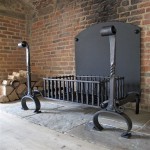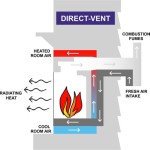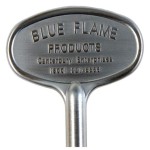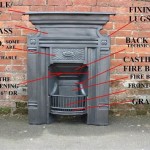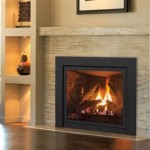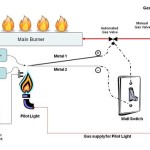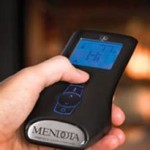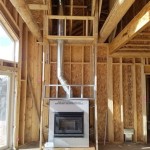Essential Considerations: Propane Fireplace Vented or Ventless
When it comes to selecting a propane fireplace, understanding the difference between vented and ventless models is crucial. Each type offers unique advantages and considerations, so making an informed decision is essential for optimal home heating and safety.
Vented Propane Fireplaces:
- Require a chimney or vent to exhaust combustion gases outside the home.
- Provide a more realistic flame and ambiance than ventless models.
- Meet strict building codes and safety standards for indoor air quality.
- Typically require more complex installation, involving a gas line, vent pipe, and chimney.
Ventless Propane Fireplaces:
- Do not require a vent or chimney, making them easier to install and place anywhere in your home.
- May emit small amounts of combustion byproducts into the living space, so proper ventilation is essential.
- Offer a convenient and cost-effective way to add warmth to small spaces or rooms that lack existing chimneys.
- Not recommended for use in tightly sealed or small, unventilated areas.
Factors to Consider:
- Ventilation: Vented fireplaces require proper ventilation to ensure safe combustion, while ventless models do not.
- Building Codes: Vented propane fireplaces typically adhere to stricter building codes, while ventless models may have installation restrictions.
- Fire Safety: Both types can operate safely, but ventless models require additional ventilation measures to prevent combustion byproducts from accumulating indoors.
- Installation Cost: Vented propane fireplaces have higher installation costs due to the chimney and vent pipe requirements, while ventless models are generally more affordable.
- Fuel Efficiency: Vented fireplaces are slightly more fuel-efficient than ventless models, as they do not lose heat through the vent.
Conclusion:
The choice between a vented or ventless propane fireplace depends on individual needs, home ventilation, and safety considerations. Vented fireplaces offer a more realistic ambiance, meet stricter safety standards, and are suitable for a wider range of home layouts. Ventless fireplaces provide convenience, cost-effectiveness, and are ideal for small spaces or areas without existing chimneys. By understanding these key differences, homeowners can make an informed decision that meets their specific heating and safety requirements.

Vented Vs Ventless Gas Logs What S The Difference

Are Vent Free Gas Fireplaces Safe Ventless

Considering A Ventless Gas Fireplace Here S What You Need To Know Bob Vila
:max_bytes(150000):strip_icc()/ventless-gas-fireplaces-4160746-hero-f9d4bdcd9bd446eb84406de306f790ba.jpg?strip=all)
How To Pick Out A Ventless Gas Fireplace

Ventless Gas Fireplace Propane

Vented Vs B Vent Direct Free Dixie S
.aspx?strip=all)
Ventless Fireplaces Explained Safety Of Vent Free Fires

Considering A Ventless Gas Fireplace Here S What You Need To Know Bob Vila

Vented Vs Ventless Gas Logs Which Is Best For You

Vented Or Ventless Gas Fireplace Which One Is Better
Related Posts

